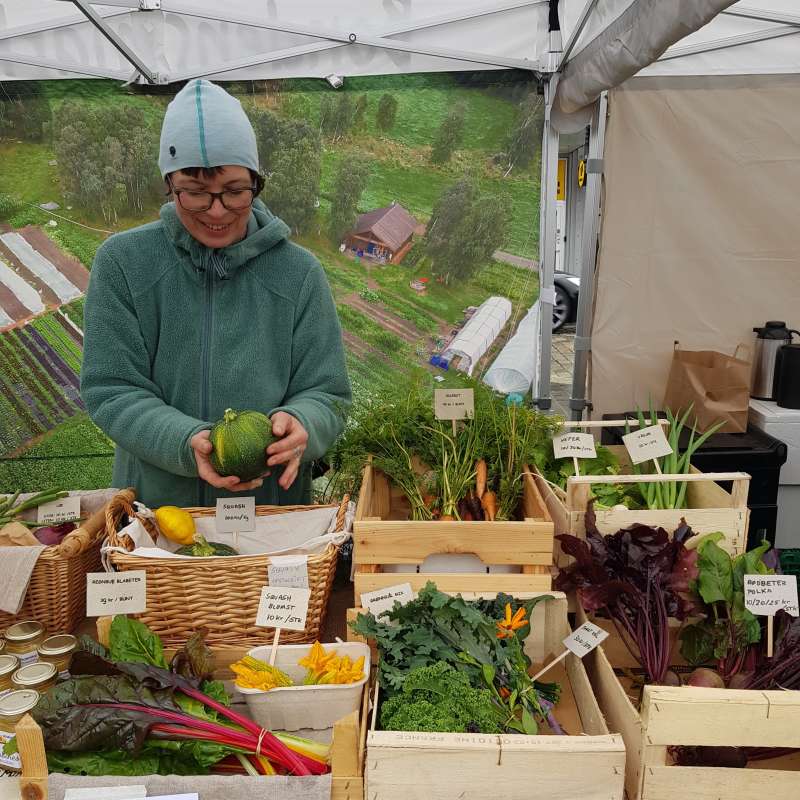Frøydis Gillund
Research Scientist
Abstract
No abstract has been registered
Abstract
Jordbruk lange tradisjoner tradisjon i samiske områder, og spiller en viktig rolle for å opprettholde samisk språk, kultur og levedyktige lokalsamfunn. Dette er det forsket lite på. Vi spør; hva kan det innebære å forske på nordnorsk jordbruk og lokalsamfunn fra et samisk ståsted?
Abstract
No abstract has been registered

Division of Food Production and Society
Advancing adaption and adoption of new forages in Norway: An innovative farmer-led research approach via citizen science

Division of Food Production and Society
The role of diversified small-scale horticulture in a transition towards more sustainable food systems with healthier diets (SmallHort)
The aim of the project is to explore how food systems based on diversified small-scale horticulture can be developed to become more economically, socially and environmentally sustainable while also increasing in scale. This will provide benefits to nature, environment and public health.

Division of Food Production and Society
Agricultural mitigation measures and the value of water quality improvements
Agriculture is one of the main sources of water pollution in Norway, and an important contributor to GHG emissions.
